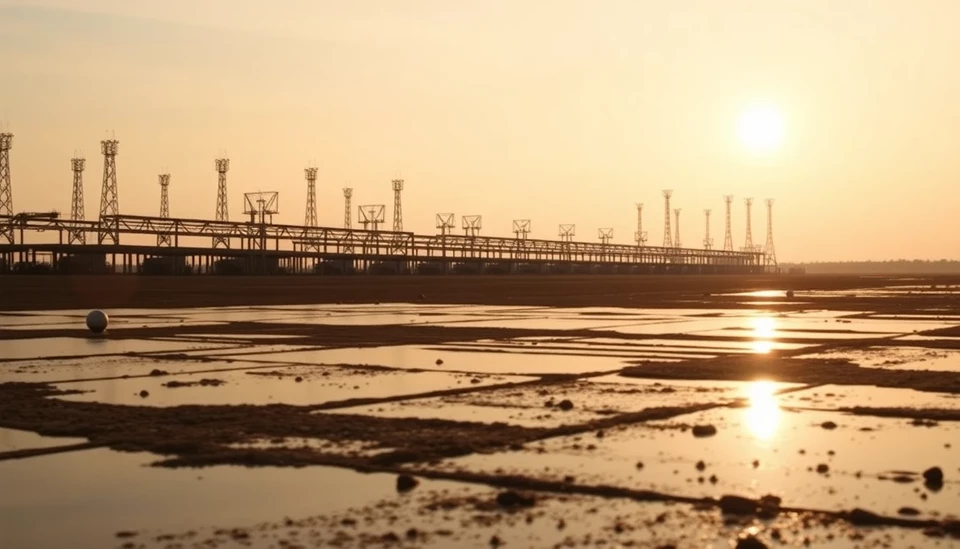
In a remarkable turn of events, Argentina has reported its largest energy trade surplus since 2006, driven largely by significant developments in the country's shale gas sector. As the exploitation of the Vaca Muerta formation continues to gain momentum, the South American nation is redefining its position in the global energy market and showcasing its potential as a key player in the oil and gas industry.
The Vaca Muerta formation, situated in the Neuquén province of Argentina, has been a game-changer for the country's economy. With massive reserves of shale oil and gas, Argentina has tapped into resources that were previously underutilized. As a result, the nation has not only intensified its exploration and drilling activities but has also begun to export greater quantities of energy products, effectively reducing its reliance on imported fuels.
According to the latest trade data, Argentina's energy trade surplus reached a staggering $3.7 billion in 2023, a 157% increase compared to the previous year's figures. This surge reflects the country’s enhanced oil and gas production capabilities, with exports soaring while imports have diminished significantly. While the global energy market faces volatility and fluctuation, Argentina’s robust production levels serve as a testament to its resilience and strategic advancements in the sector.
The dramatic growth of shale production has enabled Argentina to increase its export volumes, particularly to neighboring countries and beyond. Industries that require large amounts of energy, such as manufacturing and mining, have benefitted from the increased domestic supply, leading to cost savings and a competitive edge for local businesses.
Moreover, the Argentine government has been proactive in encouraging foreign investment into its energy sector. With generous incentives and favorable regulations, international companies have flocked to Argentina to explore the potential of its shale reserves. This influx of capital and expertise has accelerated production and technological advancements, further enhancing Argentina's export capabilities.
Importantly, the country is not just focusing on meeting domestic demand; it is also laying the groundwork for long-term energy independence. By boosting its output and creating a sustainable energy framework, Argentina is seeking to position itself not only as an energy supplier but also as a critical contributor to the global energy landscape.
Experts predict that as Argentina continues to evolve its energy strategies, the possibilities for further growth remain bright. With potential plans for the construction of new pipeline infrastructure and the expansion of production facilities, the nation is set on a trajectory that could solidify its status as one of the leading exporters of shale resources in the coming years.
As this surge in energy exportation unfolds, it prompts a broader conversation about the implications for Argentina's economy, including job creation and economic stability. The shale boom is not just beneficial for the energy sector, but it serves as a pivotal element in Argentina's broader economic recovery post-pandemic.
In conclusion, Argentina's significant energy trade surplus underscored by its shale production capabilities reflects a transformative shift in the country’s economic landscape. As it embraces its role in the global energy market and fosters new international partnerships, Argentina's bright energy future looks more promising than ever.
#Argentina #ShaleEnergy #EnergyTradeSurplus #VacaMuerta #OilAndGas #EnergyIndependence #GlobalEnergyMarket
Author: Rachel Greene




